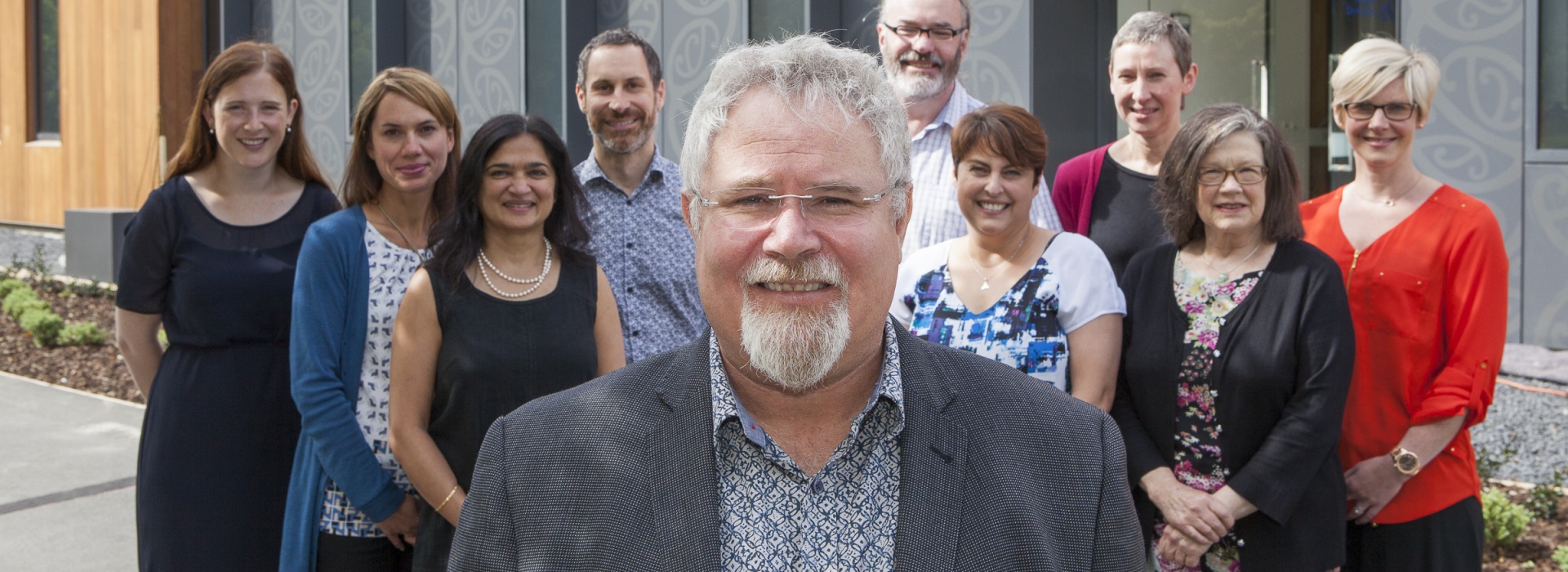Teams of national and international collaborators work on the Dunedin Study; a detailed study of human health, development, and behaviour. Longitudinal studies of this sort help answer questions on subjects as diverse as child health, injury prevention and links between drug abuse and adult psychosis. The study seeks to answer challenging global questions like how we turned out this way and whether life’s outcomes are the product of nature or nurture. Why, for example, does one person end up being a successful businessperson while another repeatedly heads to court?
The Dunedin Study, now in its fifth decade, has garnered international acclaim, with a recent report described by prestigious US publication Science News as the fourth most important scientific discovery of 2015. It is one of a number of cohort projects worldwide and its findings are broadly similar to those started later in other developed countries, which is why it’s one of the best.
The Dunedin Study has produced over 1,200 research articles, reports, and books on a diverse range of topics. In fact, it has provided the basis, on average, of a paper for a scientific journal every 13 days for more than 40 years! It has come to be an accurate predictor of many human conditions including criminality and mental health outcomes, not only for New Zealanders but for other developed countries too.
WHY IS THE DUNEDIN STUDY SO UNIQUE?
Firstly, participants are asked all manner of personal questions and disclose things that they've never told another human being, such as revealing illegal behaviours or secret medical conditions.
Secondly, the study talks about long-term trends, not individuals. Every few years participants spend a day answering questions and undergoing a series of tests, including allergy, blood, and dental examinations. In 2017, as study participants turned 45, they began returning to the unit for the next round of testing, including the introduction of MRI brain imaging for all participants. To keep the retention rate near 95%, all members who are overseas are flown back for assessment, while those in prison or hospital receive a site visit.
Thirdly, although this is a New Zealand study the outcomes translate into changes in policy and practice around the world such as finding a gene that predicts criminal and violent tendencies or using findings from the study in US Supreme Court cases to alter case law.
SO WHERE TO FROM HERE?
As researchers enter 2018, the study will move from looking at adolescent and young adult behaviour to focussing on aging. This will inform retirement and the services we may need to rely on for the future. Funding from the American Institute of Ageing will go towards investigating the increasing burden of an aging population and looking into an early cognitive decline that might be a precursor to Alzheimer’s.
With 50 years or so of revelations still to come from this ground-breaking New Zealand study, it has been described as the “gift that keeps on giving”. New Zealanders are very proud of the little study that is doing big things!
With thanks to Stuff and Noted for some reporting.






